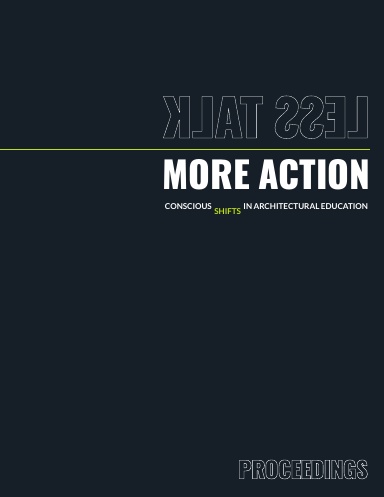Author(s): Sarah Young
The impostor phenomenon (IP) is a feeling of incompetence despite evidence of competence. In addition to feelings of intellectual phoniness, impostor feelings are often accompanied by anxiety, depression, and psychological distress. Impostor feelings arise most frequently when encountering new challenges and when feeling like an outsider within your peer group or discipline; as such, IP has been well-documented in college students across many disciplines. IP has yet to be studied in the context of architecture education, where unique additional challenges may exacerbate impostor feelings; challenges confronted during the design process, frequent and public critiques and reviews, the competitive and comparitive atmosphere, the overwhelming array of skills and knowledge to acquire, and demanding workloads may contribute to feelings of incompetence, even if evidence of competence exists. If architecture students suff er from IP, it is imperative that these issues be addressed as we strive to make the academy and the profession more humane and inclusive. The design studio experience is for learning how to design as both a creative process AND a healthy, sustainable practice – in academic and future professional life.
https://doi.org/10.35483/ACSA.FALL.19.12
Volume Editors
Amy Larimer, Deborah Berke, Diana Lin, Drew Krafcik, John Barton & Sunil Bald
ISBN
978-1-944214-24-1

 Study Architecture
Study Architecture  ProPEL
ProPEL 
